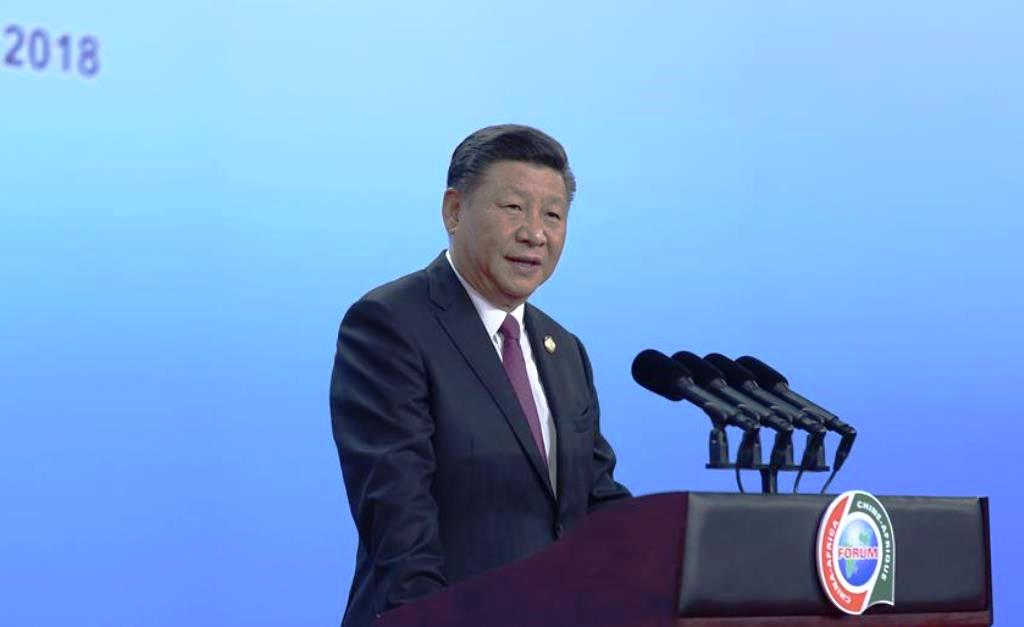Facebook is collaborating with over 20 African Non-Governmental Organisations (NGOs) to ensure safer internet for the world.
Sherry Dzinoreva, Public Policy Programmes Lead at Facebook Africa made this known on Monday in Lagos.
Dzinoreva said that in line with Facebook’s commitment to building safer online world for all, it was supporting Safer Internet Day on Tuesday with a campaign, spanning over 15 African countries.
The countries include Benin, Cameroon, the Central African Republic, Côte d’Ivoire, the Democratic Republic of Congo, Ghana, Kenya, Malawi, Mauritius, Nigeria, Senegal, South Africa, Tanzania, Uganda, Zambia and Zimbabwe.
Dzinoreva said that aligning with the Safer Internet Day call to action, is ‘Together for a better internet’.
She said that Facebook was working with more than 20 non-profit organisations and government agencies, to raise awareness about internet safety and security concerns, including cyber bullying and cyber-crime.
According to him, Facebook is supporting the Safer Internet Day by sponsoring the printing of online safety awareness booklets.
“Facebook is facilitating training sessions and creating a family-friendly animation to help raise awareness of the Facebook Safety Centre.
“We know that safety is a shared conversation, which is why we are excited to be working with so many stakeholders around the continent to make the Internet a better place.
“Together, with Safer Internet Day as a platform, we can address emerging online concerns, so that people and especially children and the youth, can get the most from their Internet experience,’’ Dzinerova said in a statement.
In Nigeria, Facebook is collaborating with Paradigm Initiative Nigeria (PIN).
PIN is running workshops on safer internet use as part of its LIFE (Life Skills, ICTs, Financial Readiness and Entrepreneurship) programme in Kano, Lagos and Aba.
Facebook’s Safe Online trainers will run two-hour workshops in both PIN’s LIFE Centres and at schools in Kano and Lagos for this initiative.
Also, the Director of Programmes, PIN, Tope Ogundipe, said working with Facebook on online safety aligned with PIN’s focus on driving digital inclusion and educating the youth about their digital rights.
“This programme promises to equip the children who participate with skills and knowledge that will enable them to make confident use of the internet in their day-to-day lives, ‘’ Ogundipe said.

